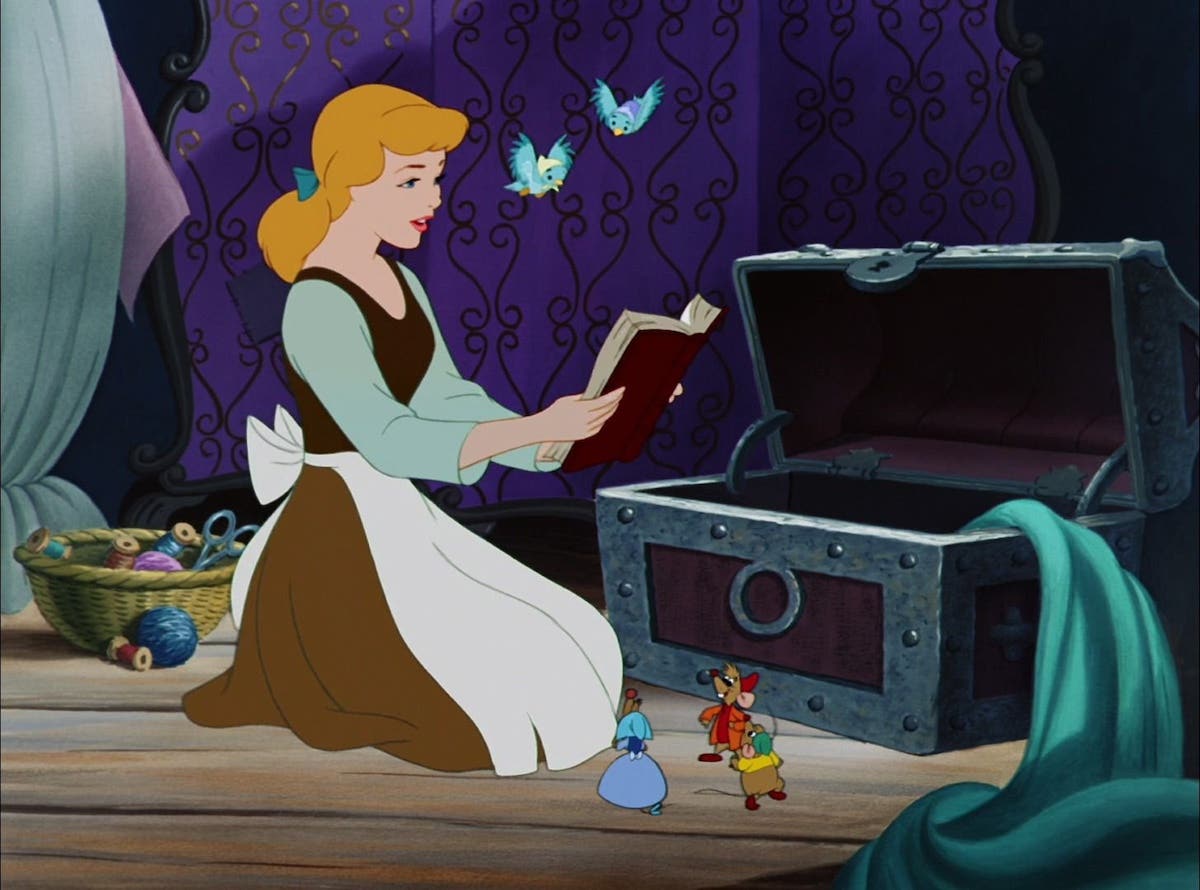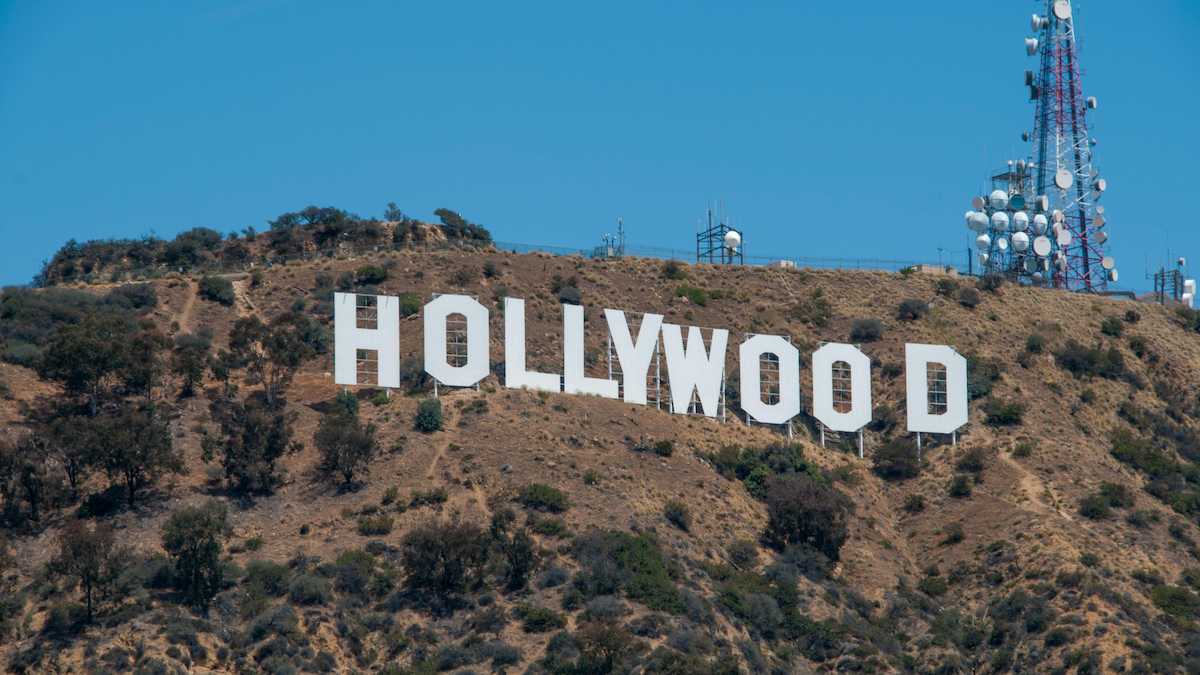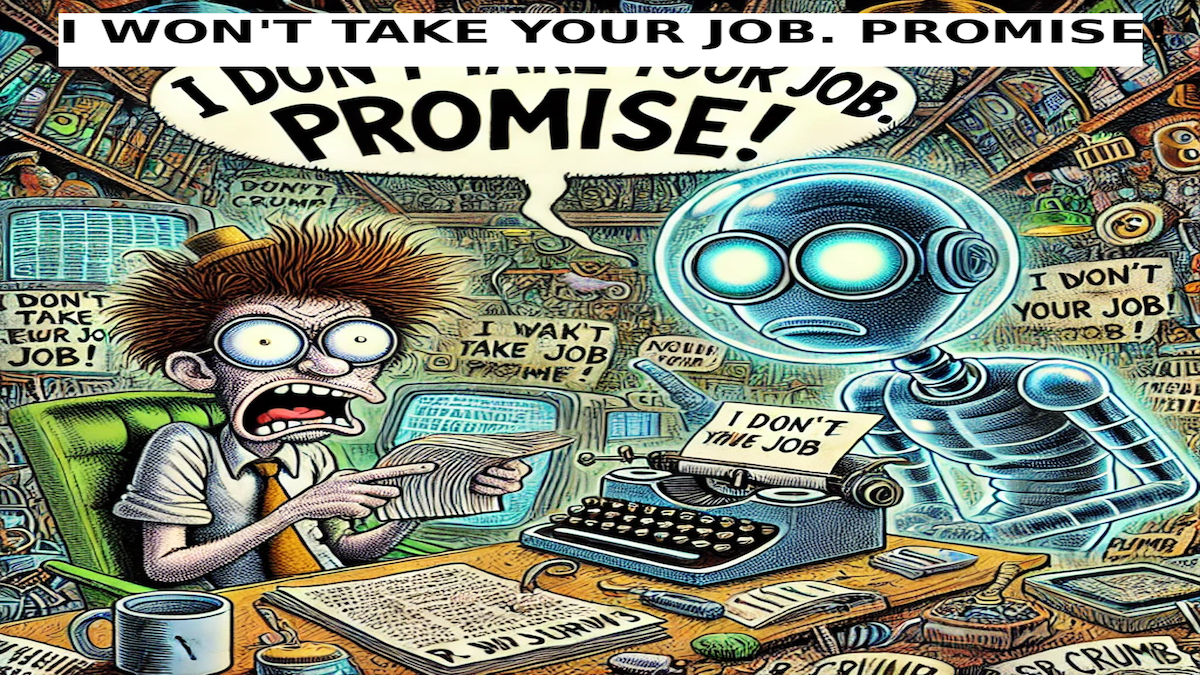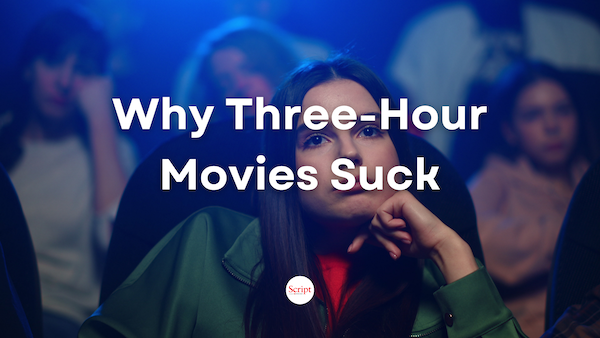Sci-Fi Circuit: Writing Low Budget Sci-Fi
Click to tweet this article to your friends and followers! If you’ve been following this column for a while, you’ll have seen the many recommendations about focusing on writing low-budget…
If you've been following this column for a while, you'll have seen the many recommendations about focusing on writing low-budget spec scripts from both screenwriting gurus like Chris Soth and Scott Myers, as well as sci-fi screenwriters who have been successfully breaking into the sci-fi market, like Dan Gordon and Shane Joseph Willis.
Since my personal sci-fi palate has always tended toward the higher budget range (epic spaceship battles and the like), I've been making a point to check out lower budget movies ($5 million or less) like Moon, Sleep Dealer,Another Earth, and Safety Not Guaranteed.
In my opinion, all four delivered well-executed stories -- and definitely on a low budget. Let's take a look at them here, from highest to lowest in terms of budget.
Moon
In Moon, Sam Rockwell stars as "Sam Bell," an isolated helium-3 miner about to complete a three-year tour of duty on the far side of the moon. His only company is a robot GERTY (voiced by Kevin Spacey), and he suffers greatly from faulty communications with Earth which only allow him to send one-way messages to his wife.
As his stint comes to a close, Sam begins hallucinating and having increasingly bizarre experiences, and ultimately discovers unexpected information about the true nature of his assignment.
What makes Moon shine as a sci-fi story is its unusual and isolated setting, compelling acting, and intriguing food-for-thought twist at the end.
Moon was co-written by director Duncan Jones and screenwriter Nathan Parker. They set out to keep the budget limited to $5 million by limiting the cast size and filming in a studio (source: Wikipedia). The movie grossed $9.7 million worldwide and won many awards.
Sleep Dealer
Sleep Dealer is a fascinating study in low-budget sci-fi. Although it didn't perform well in the box office (perhaps because it was only released in 18 theaters), as a sci-fi story I thought it deserved more attention.
It's an intriguing tale of Mexican workers doing grunt work across the border in the United States via remote controlled robots. They're connected to their alter-egos through a network accessed by cables implanted into their backs and arms. Just as Mexican migrant workers perform many of today's heavy labor tasks, so do these workers -- but from a place "safely" across the border, where they are worn out by their late night hours, desperate to make an income.
The story raises interesting social inequity questions, much as Elysium did (albeit at a much higher budget).
Of the four films, Sleep Dealer is the one that truly tackles social commentary in the way sci-fi is known for.
Another Earth
Another Earth embodies a simple sci-fi concept that's well-executed: What if there was another Earth, and an identical copy of you was present on that mirror planet?
A young woman, played by actress Brit Marling, struggles to redeem a horrific mistake -- a drama playing out under the glow of this duplicate, mirror Earth. When she realizes there's a chance for redemption tied to the duplicate planet, she enters an essay contest to try to win a civilian ticket to the mirror world.
The budget for Another Earth was a $750,000, brought in $1.7 million in the box office, and won awards.
What made the movie so powerful were the tragic circumstances the character created and her painful path to try to recover from them. The sci-fi element of the story was always present -- the second Earth was a constant backdrop -- but that was the only visual effect necessary. The story felt like science fiction primarily through implication, which I thought worked brilliantly.
Safety Not Guaranteed
In Safety Not Guaranteed, a young magazine intern, Darius, played by Aubrey Plaza, gets picked by one of the magazine writers to go with him and another intern to research the story behind a classified ad that reads:
"Wanted: Somebody to go back in time with me. This is not a joke. P.O. Box 91 Ocean View, WA 99393. You'll get paid after we get back. Must bring your own weapons. Safety not guaranteed. I have only done this once before."
What makes this movie so terrific are the kooky, ever-so-slightly-over-the-top characters and Darius's growth arc from her reluctance to enjoy life to a more go-for-it spirit. As in Another Earth, the actual sci-fi element is there primarily through conversation and implication: Is this time travel guy for real, or not? Delightfully, you don't discover the answer until the very end. (And I'm not going to tell you what it is, either.)
The budget for Safety Not Guaranteed was a mere $200,000 and it grossed over $4 million, making it the most financially successful of the bunch. The movie also won several awards.
Budget-Box Office Comparison
Let's take a look at how the four movies compared in terms of budget and box office. Isn't it fascinating that the lowest budget performed the best at the box office, relative to its budget?
So what can we take away from all this?
- Keep the budget low by keeping it simple. One idea, well-executed, can go a long way.As Chris Soth said in one Sci-Fi Circuit column, "Stick to one 'What if?' or change and play out the unexpected consequences of it."
- Sci-fi aspects can be minor background elements and still significantly impact the tone and genre. Although Safety isn't even listed in IMDB as "sci-fi" -- and it arguably isn't -- the sci-fi tweak on the story was what hooked me and kept me wondering throughout.
- Great roles and great acting still count, even in the low budget market -- and perhaps more so. Every single one of these movies had compelling story lines, stakes, and characters.
- A limited cast size can help keep the budget low too. Each of these movies had just a few core characters: One in Moon, three in Sleep Dealer, two in Another Earth, and two to four in Safety (depending on how you count).
- Sci-fi is everywhere. I'm struck by how much sci-fi material is out there for the taking with a little creative brainstorming and a willingness to see it through. And it doesn't require complex world-building, alien races, or advanced technology to make the sci-fi magic we know and love. How cool is that?
Thanks for reading!
- Getting a Grip on the Sci-Fi Market with Dan Gordon by Jenna Avery
- Breaking Into the Sci-Fi Spec Market with Shane Joseph Willis by Jenna Avery
- Sci-Fi Circuit: Sci-Fi Storytelling, Part 1 — Story Type, Mistakes, & Big Ideas with Chris Soth, by Jenna Avery
- Sci-Fi Storytelling, Part 2 – Structure, Budget, & What’s Next with Chris Soth, by Jenna Avery
Get more tips on writing sci-fi in Steve Duncan's webinar
Write Sci-Fi Film & Television Scripts That Sell
Jenna Avery is a screenwriter, columnist for Final Draft and Script Mag, instructor for Script University and The Writer’s Store, and story consultant. As a storyteller, she specializes in sci-fi action and space fantasy. Jenna is also a writing coach and the founder of Called to Write, an online community and coaching program designed to help writers make the work of writing actually happen, where she has helped hundreds of writers overcome procrastination, perfectionism, and resistance so they can get their writing onto the page and out into the world where it belongs. Jenna lives in the San Francisco Bay Area with her husband, two sons, and three cats, and writes about writing, creativity, and calling at CalledtoWrite.com. Download Jenna’s free guidebooks for writers when you join her mailing list. Find Jenna online: JennaAvery.com | CalledtoWrite.com Twitter: @JennaAvery





